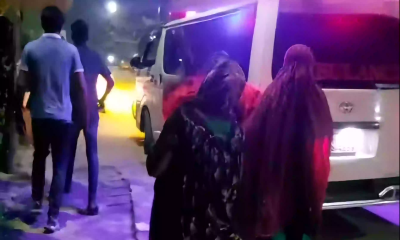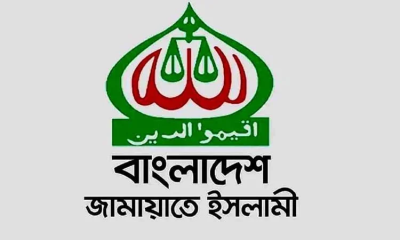The High Court has directed the government to ensure the supply of snakebite antivenom to all government hospitals at the upazila level across the country.
A bench comprising Justice Fahmida Quader and Justice Syed Zahid Munshir passed the order on Monday (18 August) after a primary hearing on a public interest litigation.
The order was issued to the Secretary of the Ministry of Health, the Director General of the Directorate General of Drug Administration, and other concerned authorities for implementation.
Advocate Mir A K M Nurunnabi argued for the writ petition, assisted by Advocate Ismail Hossain. Deputy Attorney General Shafiqul Rahman, Tanim Khan, and Assistant Attorney General Ikramul Kabir represented the state.
Earlier, on 17 August, Advocate Nurunnabi filed the writ petition, seeking the court’s intervention for the nationwide supply of antivenom to upazila hospitals. Reports published in various newspapers highlighting the issue were attached to the petition.
According to statistics cited in the reports, 38 people have died from snakebites between February and 1 July this year, while 610 others were bitten.
The Directorate General of Health Services (DGHS) shared the data at a press conference in Dhaka’s Mohakhali, focusing on public awareness of Russell’s viper.
Professor Dr. Robed Amin, Line Director of the Non-Communicable Disease Control unit at DGHS, presented the information.
Officials noted that widespread fear and misinformation regarding Russell’s viper have been circulating in recent months. Snakebite is officially recognized as a major public health concern in Bangladesh.
A 2022 national survey estimated that more than 400,000 people in the country suffer snakebites annually, with about 7,500 resulting in deaths.
Bangladesh is home to several venomous snakes, including cobras, kraits, Russell’s vipers (locally called Chandrabora), green snakes, and some species of sea snakes.
Historical records show Russell’s viper bites as early as 1920, with the first documented hospital case in 2013 at Rajshahi Medical College. Initially prevalent in Rajshahi and the Barind region, the species has now spread to 27 districts.
Dr. Amin explained that the only recognized treatment for venomous snakebites is antivenom, produced by injecting snake venom into horses and processing antibodies from their serum. Bangladesh does not currently produce antivenom domestically; supplies are imported from India, where polyvalent antivenom is manufactured for four major venomous species. These are distributed to government hospitals under the DGHS’s Non-Communicable Disease program.
Despite the absence of a structured program for procurement, distribution, storage, monitoring, and post-use surveillance, the use of antivenom in Bangladesh has shown significant benefits, Dr. Amin added.


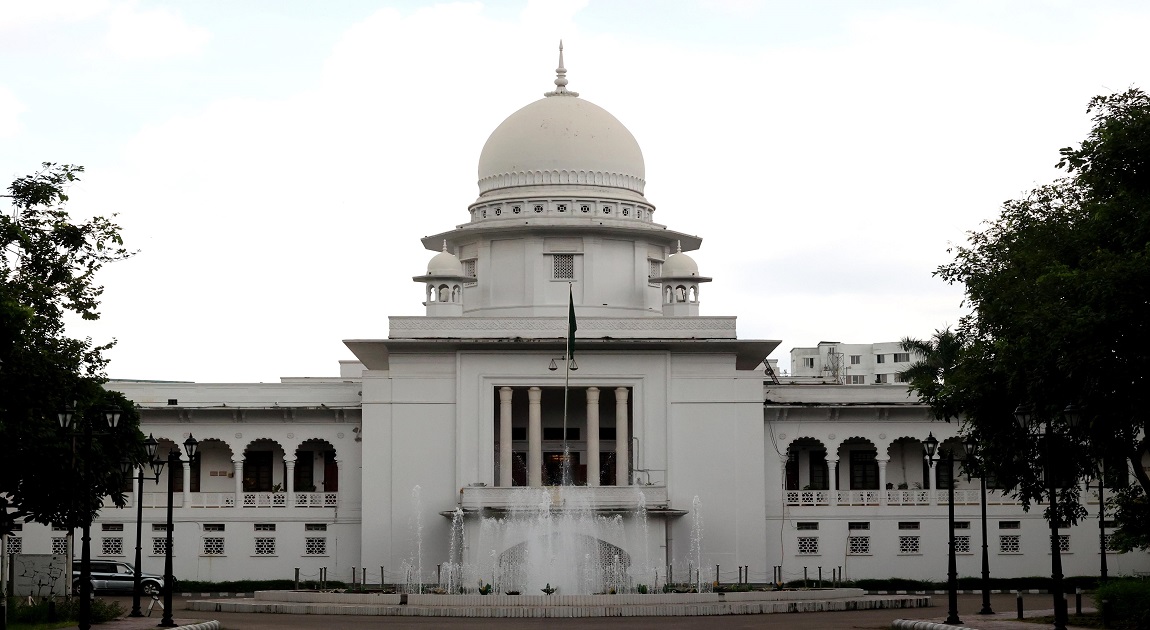

-20260223074941.jpeg)
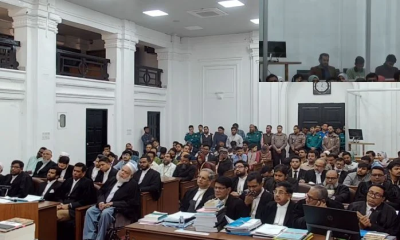
-20260121062240.jpg)
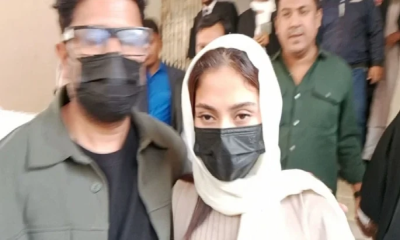
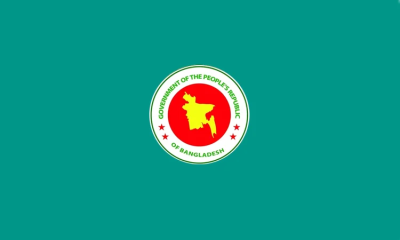
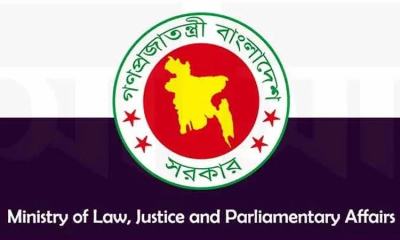
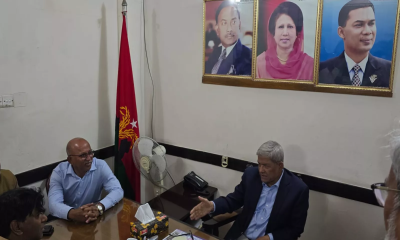
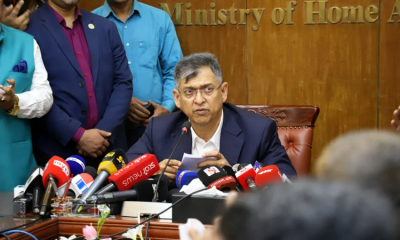
-20260223082704.webp)
-20260223062301.jpg)


